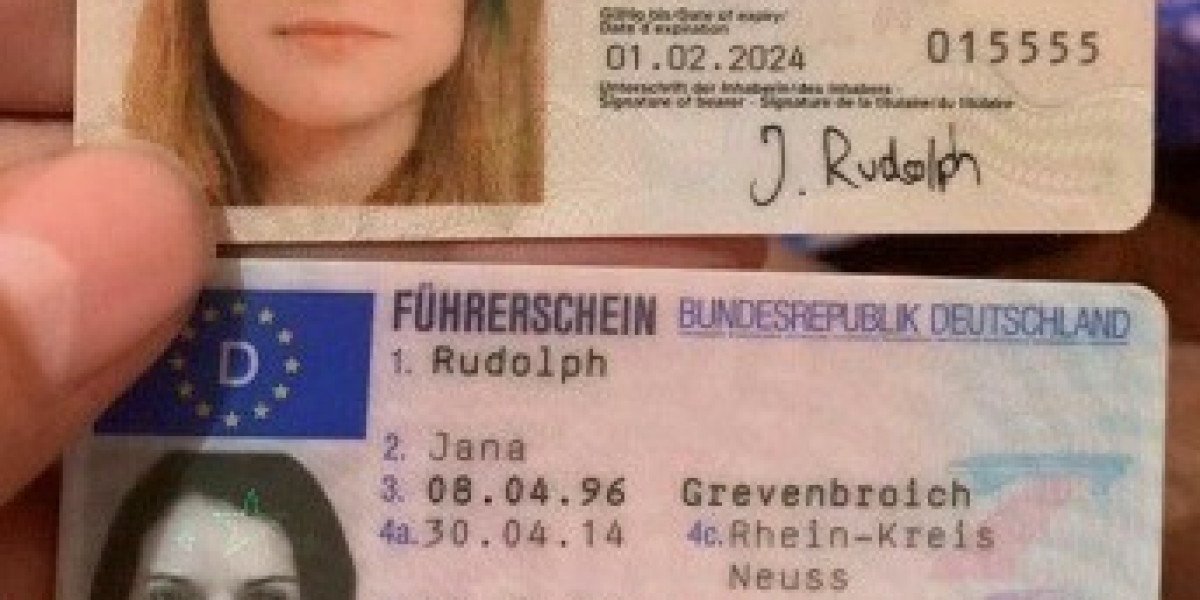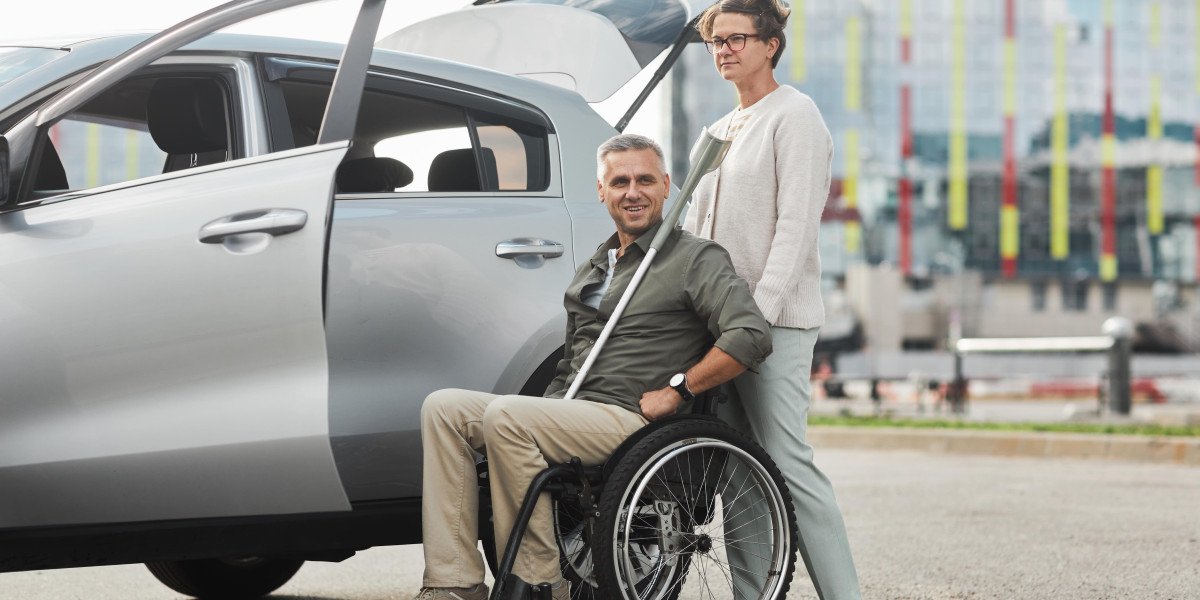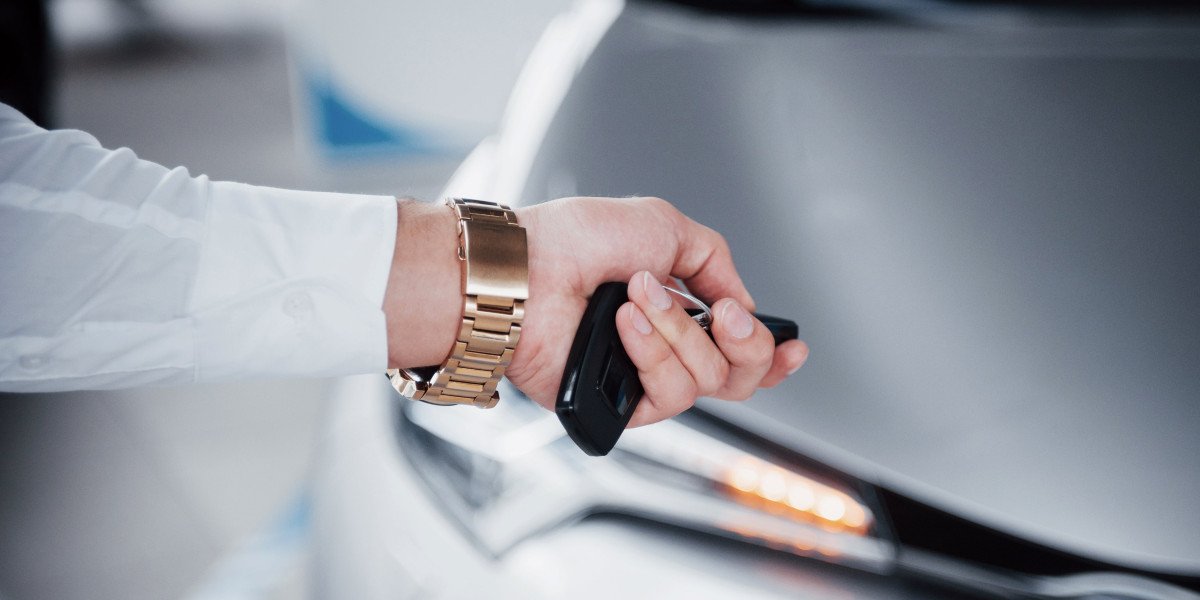How to Buy a Motorcycle License: A Comprehensive Guide
Motorcycling is not simply a mode of transportation however likewise an exhilarating pastime for many. However, before you can rev your engine and struck the roadway, you need to acquire a motorcycle license. This guide intends to provide detailed information on the process of purchasing a motorbike license, ensuring that potential riders have a clear understanding of the requirements, actions, and frequently asked concerns.
Comprehending the Basics
A motorbike license, also understood as a bike recommendation, is an unique classification on your driver's license that allows you to lawfully operate a bike on public roadways. The procedure of getting this recommendation differs by state or nation, but generally involves a combination of written tests, practical training, and road tests.

Step-by-Step Process to Obtain a Motorcycle License
Research Your State's Requirements
- Each state or nation has its own set of policies and requirements for motorbike licensing. Start by visiting your local Department of Motor Vehicles (DMV) or equivalent company's site to collect particular info.
- Note the age requirements, fees, and any essential paperwork.
Study the Motorcycle Manual
- The DMV or equivalent company generally supplies a motorbike handbook that covers vital info such as traffic laws, safe riding practices, and motorcycle-specific rules.
- Familiarize yourself with the manual to prepare for the composed test.
Take a Motorcycle Safety Course
- Lots of states need or highly recommend that you complete a standard motorbike safety course before obtaining a license.
- These courses, frequently provided by organizations like the Motorcycle Safety Foundation (MSF), teach you the basics of bike riding, consisting of braking, turning, and emergency situation maneuvers.
- Finishing the course can also qualify you for a waiver on the useful riding test and may offer discount rates on insurance coverage.
Use for a Learner's Permit
- Visit your regional DMV or use their online portal to request a student's authorization.
- You will require to pass a written test that covers traffic laws and safe riding practices.
- The learner's authorization usually permits you to ride a motorbike under specific restrictions, such as being accompanied by a licensed rider or FüHrerschein Ohne PrüFung not riding in the evening.
Practice Riding
- As soon as you have your student's authorization, practice riding under the assistance of a skilled motorcyclist or a certified trainer.
- Focus on developing your abilities in a safe environment, such as a parking lot or a quiet street.
- Practice various riding circumstances, including starting and stopping, turning, and browsing through traffic.
Schedule and Take the Road Test
- Once you feel confident in your riding abilities, schedule your road test with the DMV.
- Throughout the test, you will be assessed on your ability to securely run a motorcycle, browse numerous traffic scenarios, and follow traffic laws.
- If you stop working, you can generally retake the test after a specific period.
Receive Your Motorcycle License
- After passing the roadway test, you will receive your motorbike license. This recommendation will be contributed to your driver's license.
- You can now lawfully ride a motorbike on public roads, based on any additional constraints that may apply.
Additional Considerations
Insurance coverage and Registration:
- Before riding, guarantee your motorcycle is appropriately insured and signed up. Most states need a minimum level of liability insurance coverage.
- Talk to your insurance provider to understand the costs and protection choices.
Security Gear:
- Invest in high-quality security equipment, consisting of a DOT-approved helmet, protective gloves, strong boots, and a long lasting jacket.
- Helmets are obligatory in lots of states and are important for your safety.
Continued Education:
- Even after getting your license, think about taking advanced riding courses to improve your skills and stay current with the most recent safety practices.
Frequently Asked Questions (FAQs)
Q1: How long does it require to get a motorcycle license?
- The time can vary depending on your state's requirements and your personal speed. Typically, the procedure can take a couple of weeks to a few months. Elements include the accessibility of safety courses, scheduling of the road test, and how quickly you develop your riding skills.
Q2: Do I need a car license to get a motorbike license?
- Yes, in most states, you need to have a valid driver's license before you can apply for a motorcycle recommendation. The specific kind of license required might differ, so check your state's regulations.
Q3: Can I take the roadway test on my own motorbike?
- In lots of states, you can take the road test by yourself motorbike, supplied it fulfills all safety and registration requirements. Some states may need you to use a DMV-provided motorcycle. Check your local DMV's website for details.
Q4: What is the expense of obtaining a motorbike license?
- Costs differ by state however usually include charges for the learner's permit, the composed test, the roadway test, and the bike security course. Additional expenditures might include the cost of safety equipment and insurance.
Q5: What happens if I fail the roadway test?
- If you stop working the roadway test, you will typically need to set up a retake after a specific duration. Some states may enable you to retake the test instantly, while others need a waiting period. Practice the locations where you had a hard time and come back much better prepared.
Q6: Are there various classes of motorbike licenses?
- Yes, some states use various classes of motorbike licenses based on the type of motorbike you intend to ride. For example, Class M1 may be for regular bikes, while Class M2 may be for mopeds or scooters. Examine your state's regulations to identify which class you require.
Q7: How old do I require to be to get a bike license?
- The minimum age to obtain a motorcycle license varies by state. In numerous states, you can look for a learner's authorization at 16 and a complete motorbike license at 18. However, some states have different age requirements, so constantly verify with your regional DMV.
Q8: Can I get a motorbike license online?
- No, you can not acquire a motorbike license entirely online. While you can study the handbook and finish some initial steps online, you will require to check out a DMV office to take the written and road tests and get your license.
Q9: What should I do if I relocate to a brand-new state?
- If you move to a new state, you will likely require to transfer your bike license or acquire a new one. Inspect the specific requirements of your new state, as you may require to take extra tests or complete a security course.
Q10: Are there any restrictions on my bike license?
- Yes, some states position restrictions on new motorcycle license holders, such as not riding at night or not bring guests for a specific period. These restrictions are created to assist new riders gain experience securely.
Obtaining a motorcycle license is an uncomplicated process that requires dedication, research study, and practice. By following the actions laid out in this guide, potential riders can ensure they are well-prepared and fulfill all the necessary requirements. Remember, safety is paramount, so buy proper training and security equipment. With a valid motorbike license, you can enjoy the freedom and enjoyment of riding while remaining safe and legal on the roadway.
Extra Resources
- Motorcycle Safety Foundation (MSF): msf-usa. org
- Department of Motor Vehicles (DMV): [yourstate.dmv.gov]
- Insurance coverage Providers: Check with your regional insurer for bike insurance choices and discounts.








